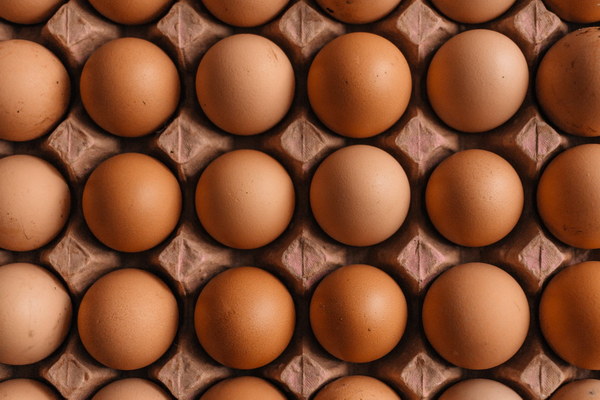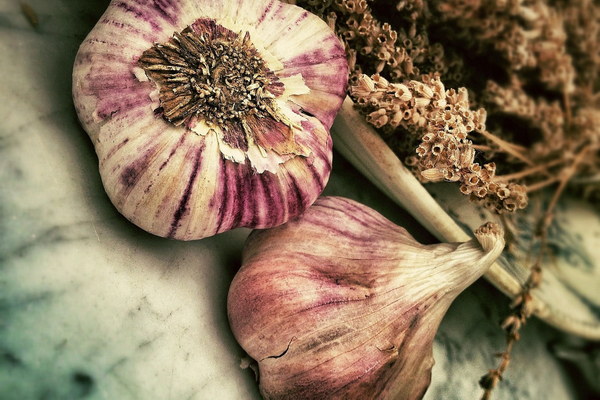Can Boys Benefit from Kidney-Boosting Black Bean Soup
In the realm of traditional Chinese medicine, black bean soup is often hailed as a potent remedy for kidney health. However, can boys benefit from drinking this popular soup as well? Let's delve into the topic and uncover the truth behind the age-old belief.
The kidneys are vital organs in the human body, responsible for filtering waste and excess fluid, producing hormones, and maintaining electrolyte balance. In traditional Chinese medicine, the kidneys are believed to be the root of vitality and longevity. As such, many individuals turn to black bean soup as a means of bolstering their kidney function and overall well-being.
Black beans, the star ingredient in this soup, are rich in essential nutrients and antioxidants. They contain high levels of protein, fiber, and essential amino acids, which are essential for muscle repair and growth. Furthermore, black beans are an excellent source of folate, iron, magnesium, potassium, and vitamin B6, all of which play a crucial role in maintaining kidney health.
While there is no scientific evidence to support the notion that black bean soup specifically boosts kidney function in boys, it is widely believed that the soup can still offer various health benefits. Here are some reasons why boys might benefit from incorporating black bean soup into their diet:
1. Nutritional Value: As mentioned earlier, black beans are packed with essential nutrients. By consuming black bean soup, boys can obtain a variety of vitamins and minerals that contribute to overall health and well-being.
2. Fiber Intake: A diet rich in fiber can aid in digestion and reduce the risk of constipation. Black bean soup is a great source of fiber, making it an ideal choice for boys who want to improve their gut health.
3. Weight Management: The combination of protein and fiber in black beans can help boys feel fuller for longer, reducing the likelihood of overeating. This can be particularly beneficial for those looking to maintain a healthy weight.
4. Heart Health: The antioxidants found in black beans can help protect against heart disease by lowering cholesterol levels and reducing inflammation. By incorporating black bean soup into their diet, boys can support a healthy heart.
5. Immune System Support: The nutrients in black beans, such as vitamin C and zinc, can boost the immune system, helping boys stay healthy and ward off illnesses.
While black bean soup may not directly enhance kidney function in boys, it can contribute to a healthy lifestyle by providing essential nutrients and promoting overall well-being. However, it's essential to note that kidney health is influenced by various factors, including genetics, diet, and lifestyle choices.

Before incorporating black bean soup into a boy's diet, it's crucial to consider the following:
1. Consult a healthcare professional: If a boy has any pre-existing health conditions or concerns, it's best to consult a healthcare professional before making any significant changes to their diet.
2. Balance the diet: While black bean soup can be a nutritious addition to a boy's diet, it's essential to maintain a balanced and varied diet that includes other kidney-friendly foods, such as lean proteins, fruits, and vegetables.
3. Moderation is key: While black beans are a nutritious food, it's essential to consume them in moderation. Overindulgence in any food can lead to adverse effects on health.
In conclusion, while there is no scientific evidence to suggest that black bean soup can directly boost kidney function in boys, the soup can offer various health benefits. By incorporating this nutritious food into a balanced diet, boys can support their overall well-being and promote kidney health. As always, it's best to consult a healthcare professional for personalized advice regarding diet and health.









